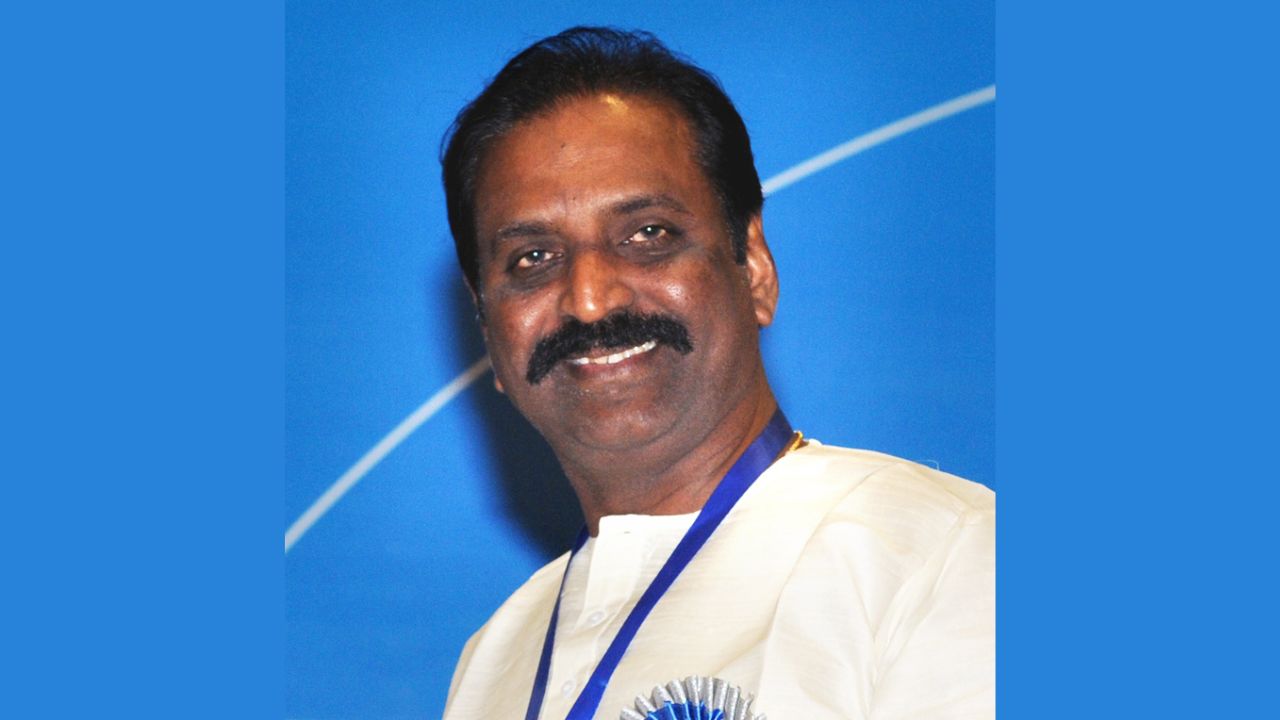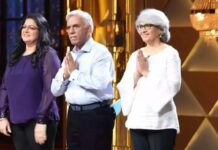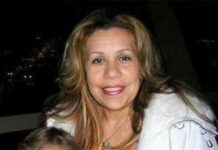Vairamuthu Biography: Vairamuthu Ramasamy is an Indian lyricist, poet, and novelist who works in the Tamil film industry. He is a notable figure in the world of Tamil literature. Master’s degree recipient from Pachaiyappa’s College in Chennai, he began his career as a translator and was also a published poet. 1980 marked his debut in the Tamil film industry with the Ilaiyaraaja musical Nizhalgal, directed by Bharathiraja. Throughout his 40-year film career, he has penned more than 7,500 melodies and poems that have earned him seven National Awards, the most of any Indian lyricist. He was also awarded the Padma Shri, the Padma Bhushan, and the Sahitya Akademi Award for his prolific literary output.
Vairamuthu Biography
Vairamuthu Early years
He was born on 13 July 1953 to farmers Ramasamy and Angammal, who resided in the Tamil Nadu district of Theni and the village of Mettoor. Due to the construction of Vaigai Dam across the river Vaigai, 14 villages (including Mettur) were evacuated in 1957, forcing his family to relocate to Vadugapatti, another village in the Theni district. In his new environment, he added agriculture to his academic pursuits.
Vairamuthu was drawn to the Tamil language and literature at a very tender age. The Dravidian movement in Tamil Nadu during the 1960s had a profound effect on his youth, and he was influenced by a number of prominent language-related figures, including Periyar E. V. Ramasamy, ‘Perarignar’ Annadurai, Kalaignar Mu. Karunanidhi, Subramania Bharathi, Bharathidasan, and Kannadasan. By the time he was in his early teens, he was recognised as a prominent orator and poet in his school, having begun composing poetry at the age of ten. At the age of fourteen, he composed a collection of venba compositions after reading Thiruvalluvar’s Tirukkua.
Vairamuthu Education
During his undergraduate years at Pachaiyappa’s College in Chennai, he received recognition as a speaker and poet. At the age of nineteen, he published his first collection of poems, Vaigarai Megangal (‘Clouds at Dawn’), during his sophomore year. The book was required reading at Women’s Christian College, granting Vairamuthu the distinction of being a writer whose work was included in a curriculum while he was still a student. Madras University granted him a Master of Arts in Tamil literature after he concluded a two-year programme.
After completing his education, he began his professional career in the mid-1970s as an English-to-Tamil translator for the Tamil Nadu Official Language Commission, reporting to Justice Maharajan. In addition, he continued to write poetry, publishing a second collection of poems titled Thiruthi Ezhuthiya Theerpugal (‘Revised and rewritten’) in 1979.
Vairamuthu Family
Ponmani, a Tamil scholar and former professor at Meenakshi College for Women, is his wife. They have two sons, Madhan Karky and Kabilan, who both perform in Tamil film as lyricists and dialogue writers.
Nilu Fule Biography: Birthday, Early Life, Career, Awards, Death Annivarsary
Vairamuthu Film career
After perusing his poems, he was hired as a lyricist for the 1980 film Nizhalgal by the director Bharathiraja. His first composition was “Pon Maalai Pozhuthu,” which was composed by “Isaignani” Ilaiyaraaja and performed by S.P. Balasubrahmanyam. “Batrakali Uttamaseeli” (also composed by Ilaiyaraaja) from the film Kaali, which was released four months before Nizhalgal, was his first song to be released. Vairamuthu gave up his career as a translator to engage in the film industry full-time.
After Nizhalgal, Vairamuthu and Ilaiyaraaja began a productive partnership that would last slightly more than five years. Their joint association with director Bharathiraja, led to some of the most critically acclaimed soundtracks such as Alaigal Oivathillai (which won Vairamuthu his first Tamil Nadu State Film Award for Best Lyricist), Kaadhal Oviyam, Mann Vasanai, Pudhumai Penn, Oru Kaidhiyin Diary, Muthal Mariyathai (which won Vairamuthu his first National Award for Best Lyricist) and Kadalora Kavithaigal. Vairamuthu collaborated with director Mani Ratnam for the first time in 1985’s Idhaya Kovil, authoring the song “Naan Padum Mouna Ragam” (which inspired the title of Ratnam’s breakthrough film Mouna Ragam, released the following year).
In addition to their collaboration with Bharathiraja, the lyricist and composer enjoyed success with additional soundtracks, including Raja Paarvai, Ninaivellam Nithya, Nallavanukku Nallavan, Salangai Oli, and Sindhu Bhairavi (the latter two earning Ilaiyaraaja his first two National Awards for Music Direction).
Vairamuthu collaborated as a lyricist with composers M.S. Viswanathan and V. S. Narasimhan on the films Thanneer Thanneer and Achamillai Achamillai and Kalyana Agathigal, respectively. K. Balachander directed all three of these motion pictures.
In 1986, he made his debut as a screenwriter for the Ameerjan-directed film Natpu. Later, he collaborated with the director on the screenplays for Thulasi (1987), Vanna Kanavugal (1987), and Vanakkam Vathiyare (1991). He also wrote the dialogue for the 1989 film Andru Peytha Mazhaiyil, which was directed by Ashok Kumar, a National Award-winning cinematographer.
Vairamuthu Controversies
Vairamuthu delivered a speech on the seventh-century mystic poet Andal in January 2018 during a discussion on Andal at the Srivilliputhur Andal Temple. He cited the research of an American scholar who said that Andal belonged to the Devadasi community, a religious system practised in parts of South India where young girls are married to the temple’s deity before they reach puberty and spend the rest of their lives in its service. They were often sexually exploited and forced into prostitution. According to the American scholar, he stated that Andal had lived and perished at the Srirangam temple in Tiruchirappalli. The speech was criticised by BJP leader H Raja.
Vairamuthu subsequently issued an apology in which he claimed that his speech was intentionally twisted by vested interests and that he expressed regret for a mistake he did not commit. He also stated that he only intends to glorify Mother Andal and that he has been working on numerous great Tamil poets. Some Tamil authors asserted that his speech was not controversial because he merely cited the article. Minor girls and boys in Nithyananda’s Ashram released videos containing derogatory language, many of which were of a sexual nature, in which they criticised his speech. This has infuriated the general public, who finds Nithyananda’s use of minors in such an objectionable manner. Likewise, a case was filed against Vairamuthu.




